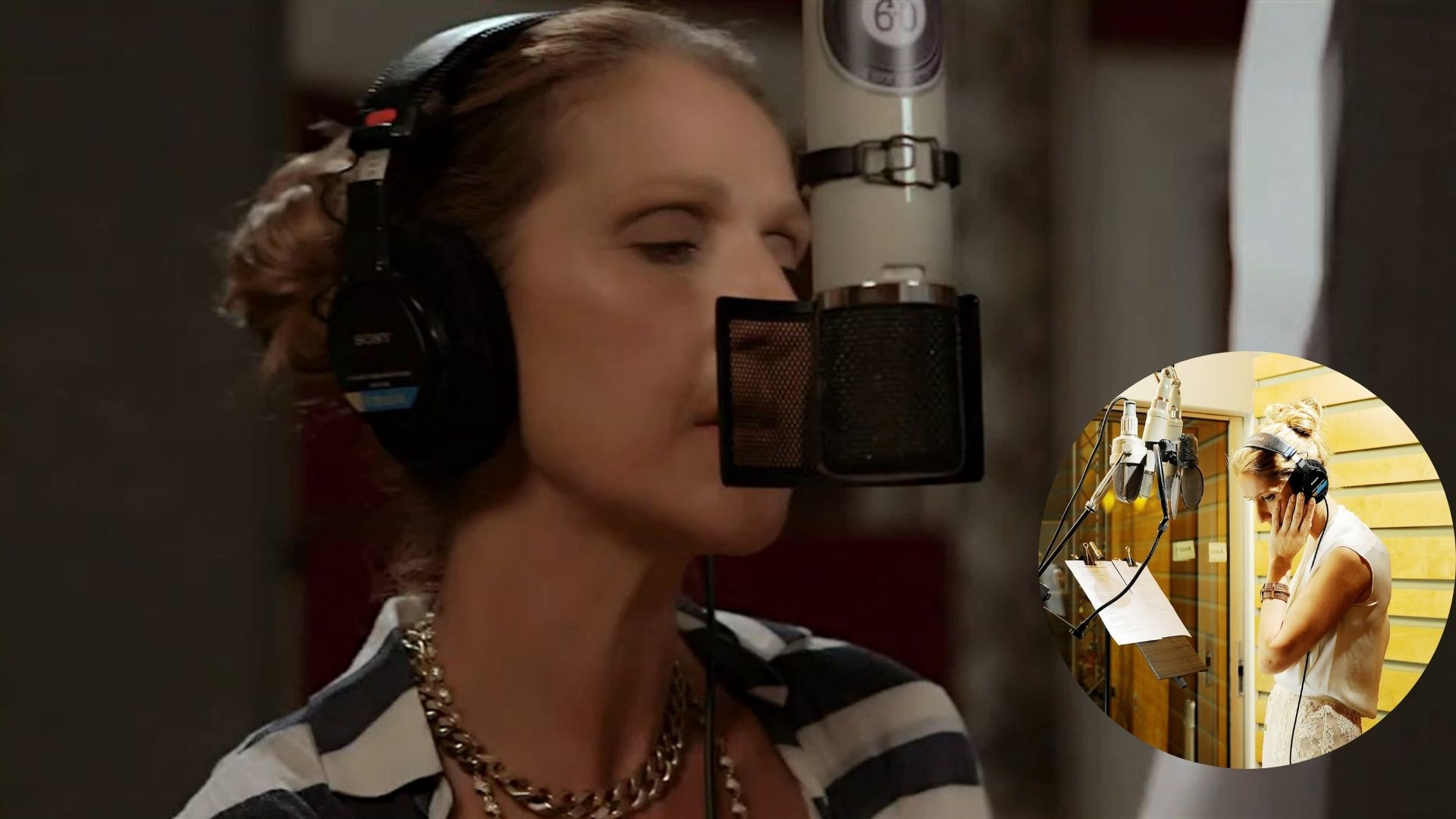Celine Dion — The Greatest Ballad Voice of Our Time
There are singers who entertain, and then there are singers who transform emotion into sound. Celine Dion belongs to the latter — a voice that does not merely perform, but reveals. From the humblest beginnings in Charlemagne, Quebec, to the world’s grandest stages, she has built a career defined not by trends or spectacle, but by the sheer gravity of feeling. Her greatness is not in volume or range alone, but in how she makes every listener believe that the song is about them.

When René Angélil, the man who would become both her manager and husband, first heard her voice, he mortgaged his home to finance her debut album. It was a gamble rooted in faith, and it paid off in a way no one could have predicted. From that point on, Celine Dion didn’t simply rise — she soared. Each album, each tour, each song became a step in a lifelong conversation between her voice and the world.
Her greatest strike, of course, came with “My Heart Will Go On.” But to call it just a song is to misunderstand what it became. It wasn’t only the theme of Titanic — it was the sound of human endurance. It carried the grief of separation, the hope of memory, the quiet power of love that refuses to die. When she sang, “You’re here, there’s nothing I fear,” it wasn’t bravado; it was defiance against time itself. The song turned into a global hymn, transcending language and geography, making her voice the emotional compass of a generation.
Yet her greatness cannot be reduced to that one anthem. From “Because You Loved Me” to “All by Myself”, from “It’s All Coming Back to Me Now” to “The Power of Love”, every note carried something sacred — that marriage of strength and vulnerability that defines true artistry. Unlike many vocalists who rely on ornamentation, Celine builds her power from control. Her phrasing is architectural; her breath becomes structure. There is always clarity — even when she breaks your heart, she does it with precision.
And through it all, she has remained profoundly human. The woman who could make stadiums weep is also the woman who laughs too loudly in interviews, who dances awkwardly backstage, who speaks of her late husband with the same tenderness that colors her songs. When illness struck and her voice fell silent, fans feared that her story had reached its final chapter. But even in silence, her legacy spoke louder than ever. Because Celine Dion’s greatness was never about how high she could sing — it was about how deeply she could make us feel.
She has always carried both fragility and fire — the quiet resolve of someone who has known loss yet refuses to surrender to it. That duality is what turns a great singer into a timeless one. Her voice can fill an arena, but it can also whisper straight into your solitude. It can make you remember love, even when it hurts to remember. It can lift you when nothing else can.
Three decades on, her songs remain untouched by time. Younger generations discover her not as nostalgia, but as discovery — realizing that beneath the polished pop surface lies something elemental. In a world obsessed with speed, artifice, and noise, Celine Dion’s ballads remind us of stillness, of truth, of the power that comes from simply standing there and singing your heart out.
Perhaps that is her greatest gift — not the fame, not the awards, not even the record sales, but the endurance of sincerity. She has turned vulnerability into victory, love into legacy.
And when the world one day looks back at this era of music, her voice will stand alone — clear, fearless, golden. Because Celine Dion didn’t just sing songs. She gave ordinary people a way to feel extraordinary. And that, in the end, is the true measure of greatness.


